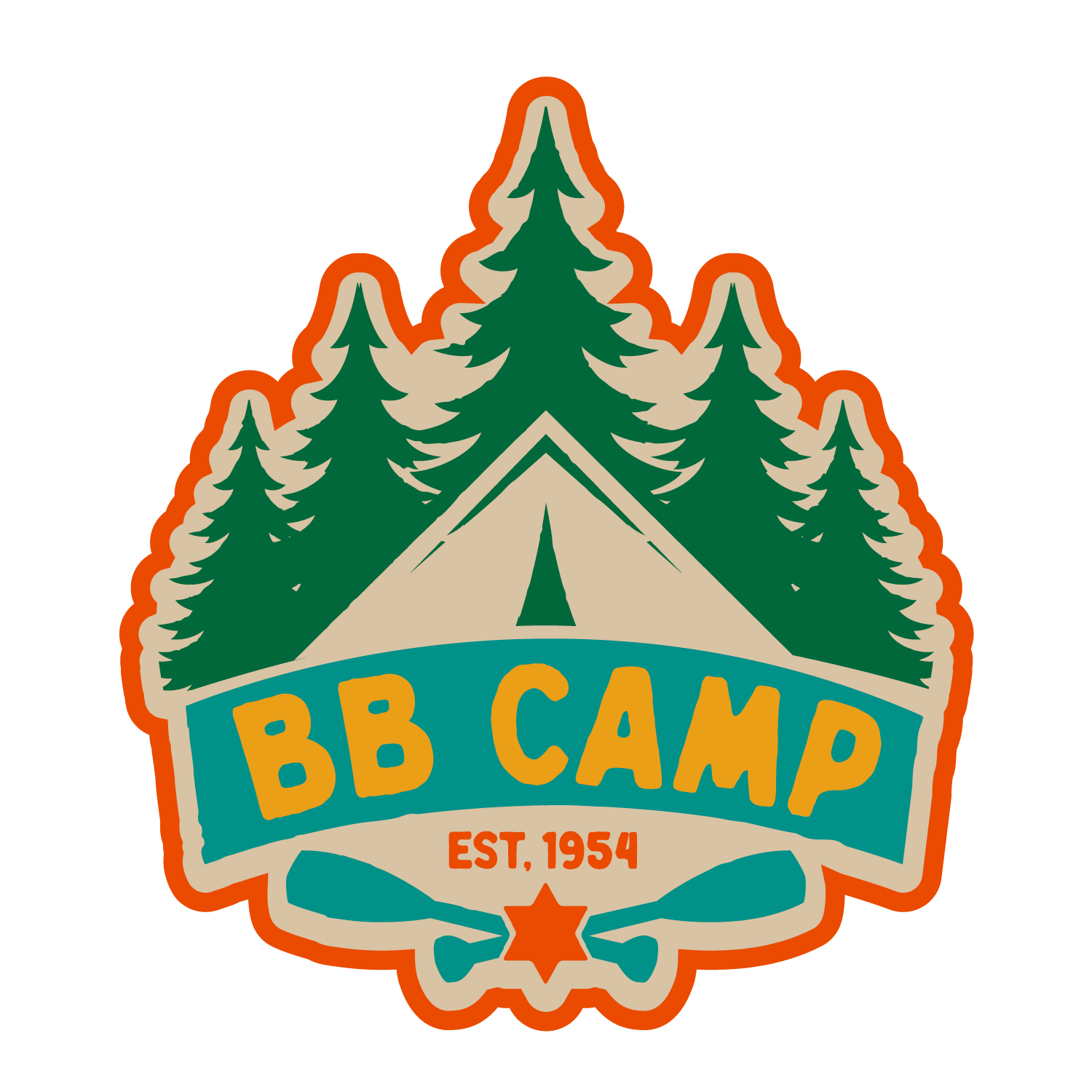
Sending Your Child to Camp for the First Time
Tips and Tools for ensuring your child has a successful first camp experience.
1. Honest Communication
Before Camp begins, there needs to be an open and honest discussion with the Camp Director should your child have special circumstances which might impact the success of their summer. Any and all personal information related to your family or child will be treated with utmost confidentiality. It is crucial that together we strategize and have a proper plan in place. Contact us now to set up a meeting
2. Promises, Promises…
Never promise to pick up your child from Camp early if they’re having a “bad time”. Making this promise will only ensure that a struggling camper will make no effort to turn things around. If you make deals before Camp begins it is much easier for the child to count down the number of days you’ve promised they must stay at Camp than it is to jump into the routine and put in the emotional energy to see it through. Overcoming homesickness provides children with wonderful skills. They gain resilience, confidence and a sense of accomplishment. They also gain respect for the fact that you have worked very hard to provide them with this special opportunity.
3. Have a “Test” Sleepover
A number of first-time campers have never slept away from home. Going to BB Camp shouldn’t be ‘the practice run’! So make arrangements with a family member or friend to have a sleepover without Mom or Dad present. While it might be uncomfortable and unfamiliar the first time out, practice does make perfect.
4. Stop and Shop
Have a fun outing! Take your campers with you to have them choose camp items, a camp costume, a new pair of flip-flops or sneakers, or a brand new hoodie to keep the mosquitoes at bay. Having tangible symbols of their adventures to come will help to further invest them in the camp experience.
5. Discuss Expectations
Many parents respond to their children’s fear of camp by reassuring them that there is nothing to worry about or that they’re about to have the most wonderful time of their lives. While we expect and hope that this is true, it is best to prepare your camper about how they might feel the first few days and nights away from home. They need to know that it is perfectly normal to miss parents, to miss the comfort of home, to miss familiar routines, to find it difficult falling asleep. Brainstorm strategies that you know work best for your child. If they expect only smooth pathways, the first bumps in the road will send them stumbling.
6. Feeling Better with a Letter
Campers love to receive mail from home. We recommend the following: no need to share bad news when your child is away. If there is unfortunate news to share, please contact the Camp Director and together we will strategize an effective way to handle the issue; no need to provide news that makes home seem more desirable than Camp; no guilt trips please. While you might be tempted, don’t include things like “the house is so lonely and quiet without you… I cannot wait for you to come home... I am so sad you aren’t here with me.” Stick to positive messaging and be sure to tell your child how proud you are of them and how happy you are that they are having a great time at camp.
7. A Quick and Happy Good-bye
Departure day is a soup-pot of all varieties of emotions: anxiety, sadness, and overwhelming excitement. Both campers and parents sip from the same pot. But it is up to the parents to pull themselves together, to exhibit confidence and speak reassuringly. A tearful goodbye from the parents may well be interpreted by the camper as “I’m guilty that you’re leaving me” or “I don’t really want you to go”. So kiss them goodbye and leave quickly. Prolonging the moment of departure is not beneficial for the Camp’s on-time schedule, or for the well-being of your child.
